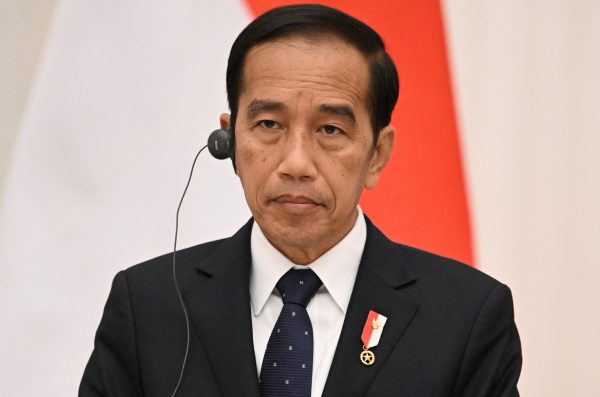Indonesia has been the driving force behind political and security community building in Southeast Asia, strengthening bilateral partnerships with major powers. It also rallied ASEAN and East Asian support for the Regional Comprehensive Economic Partnership (RCEP). Indonesia’s global profile is rising. Yet, critics note that the current administration is focused heavily on domestic issues, even as Indonesia aspires to be a global player.
Indonesia’s national limitations are clear – fragile institutions, high levels of economic inequality and uneven democratic and economic progress – and these development challenges are a shaky foundation on which international ambitions rest.
In Indonesian politics, the domestic audience and interests still trump the global audience and global common interests. This is not unusual, and it’s reasonable, considering that foreign policy involves actions and activities by governments that aim to defend and promote national interests. But Indonesia is quickly discovering that marrying its international roles, responsibilities and expectations that go with them to national interests that please domestic audiences is not altogether easy.
Widodo’s visits to Ukraine and Russia are a case in point. Indonesia might ideally take a major peace-making role and contribute to global interest in creating peace in Ukraine. The objectives of his visit in fact lie closer to home. In a press statement before he departed, Widodo explained that finding a solution to the global food and energy crises was his main priority alongside calling for a start of dialogue among the conflicting parties.
A domestic imperative now, however, the success of Indonesia’s G20 presidency. There is no chance that the November G20 Summit can be a business-as-usual economic summit. In early 2022, Western leaders threatened to boycott the summit if Russian President Vladimir Putin attended. In response Widodo invited both Putin and Ukrainian President Volodymyr Zelenskyy to attend, as he sought to accommodate the concerns of the West and persuade Western leaders to join, while maintaining relations and communication with Russia. A ‘successful’ G20 summit is essential to save Indonesia significant national embarrassment. A side benefit for Indonesia is that it could be a significant step towards global cooperation.
Indonesia’s 2022 G20 presidency is focused on three main issues: global health architecture, the digital transformation of the global economy and energy transition. These priorities make up the flagship agenda of the sherpa track working groups and engagement groups.
Indonesia has been lauded as representing the voices of developing nations and emerging economies outside of the G20, but its presidency faces major challenges — mainly because of the geopolitical implications from the Russia–Ukraine war. While the G20 has performed important functions for member states and the world at large, it struggles with balancing the pursuit of its members’ national interests with a genuine commitment to the global common good. As the world grapples with economic and health recovery from COVID-19 and the impact of the Russia–Ukraine war on food and energy supplies, the global common good and how to achieve it is the vital interest.
Approaching the G20 presidency, the Indonesian government initiated many activities to promote its role domestically. This included raising awareness of the G20’s ‘benefits’, such as the direct economic benefits of hosting the summit. In a November 2021 speech, Widodo pressed the country to make the most of its strategic position in the G20 presidency and ‘prioritise national interests’. Explaining how the G20 presidency will benefit the country has been a main part of the government’s effort to ensure domestic support for all the efforts.
Indonesia is not a major global economic player, although the impact of the world on its economic fortunes is crucial. Indonesia’s business climate is unconducive to foreign investment – it has substandard infrastructure; a complex regulatory environment; and corruption still plagues its bureaucracy and legal system. These limitations at home have a pivotal bearing on aspirations to lead global initiatives and the gap between alignment of domestic policies and global aspirations sometimes appears all too clear.
Hosting the November G20 Leaders’ Summit and all the meetings that lead up to it expose Indonesia’s global leadership aspirations to a new level of international scrutiny. While the Widodo administration still needs to please its domestic audience, it now confronts a severe test of its capacities to deliver global outcomes in a complicated geopolitical and crisis-plagued world.
Shafiah F Muhibat is the Deputy Executive Director for Research at the Centre for Strategic and International Studies.
This is a shortened version of an article that will appear in the latest edition of East Asia Forum Quarterly, Vol. 14, No. 3, Japan’s strategic choices.

